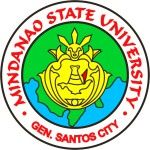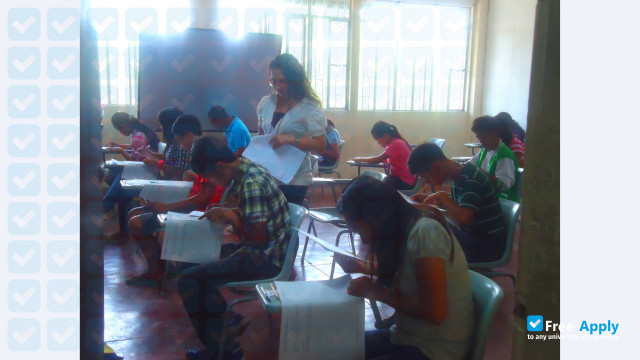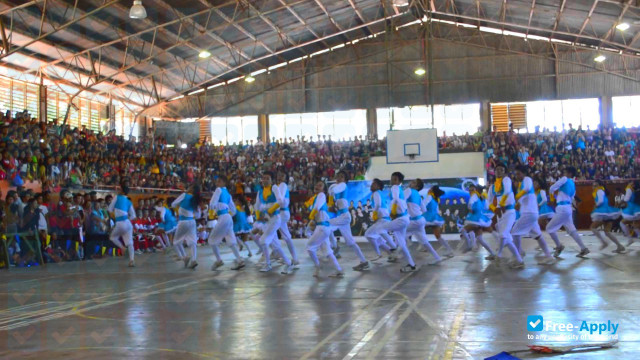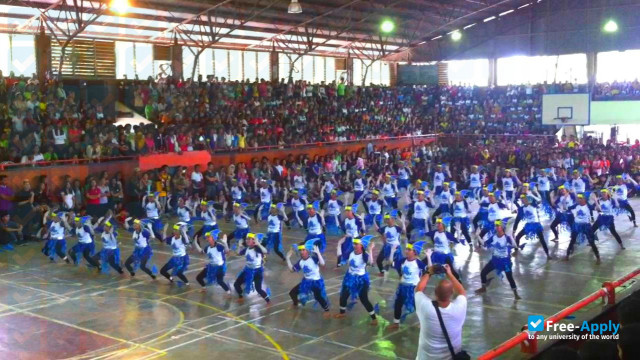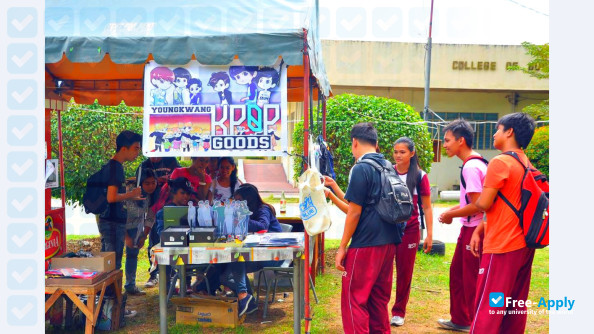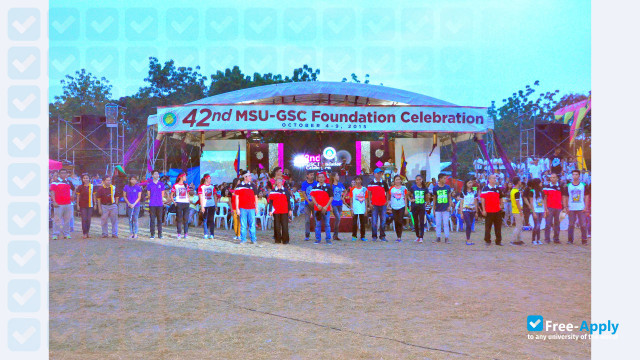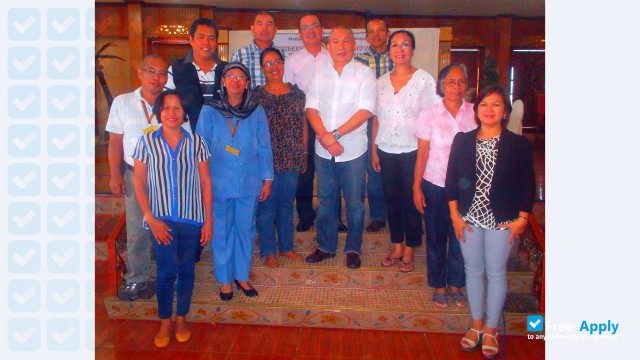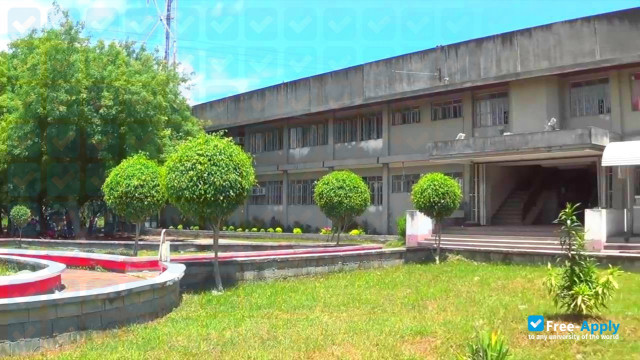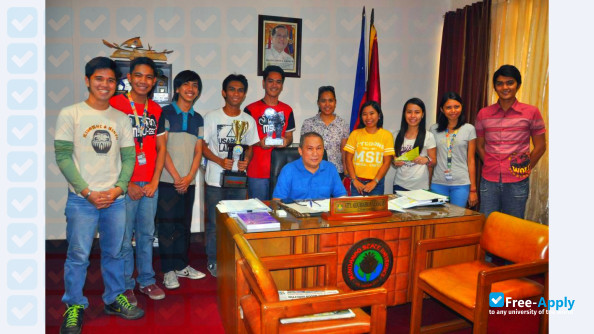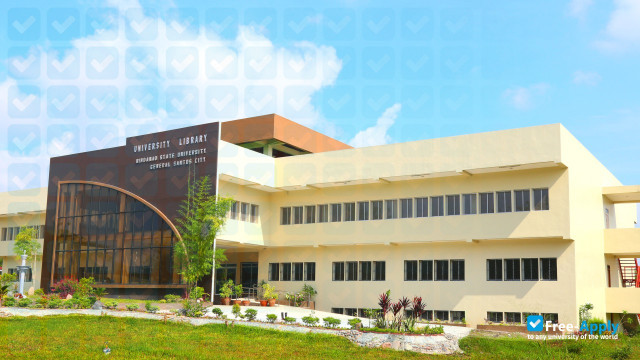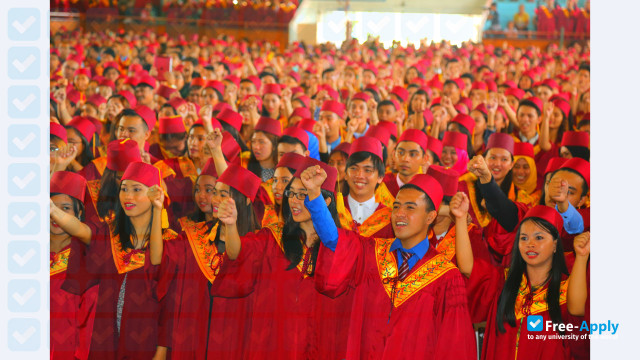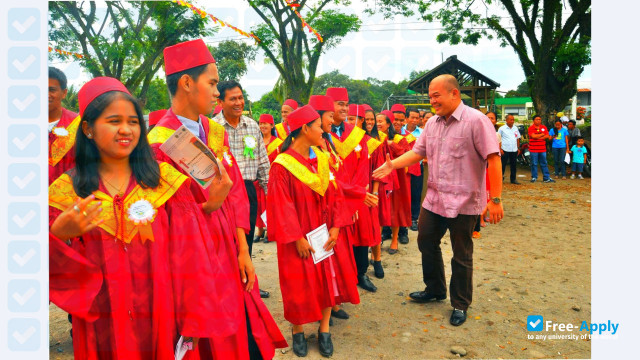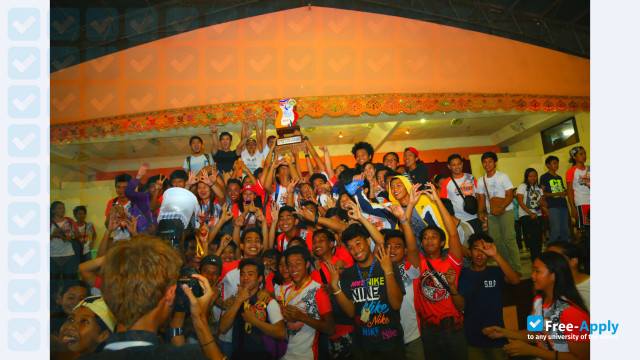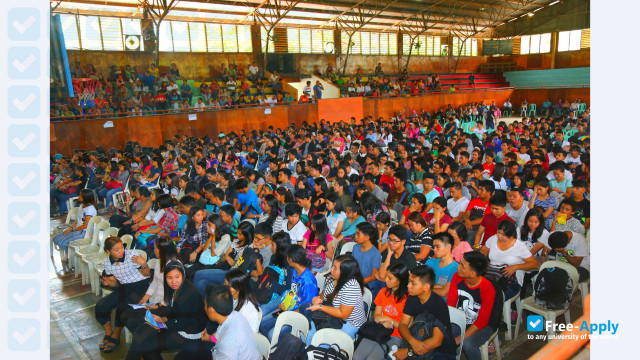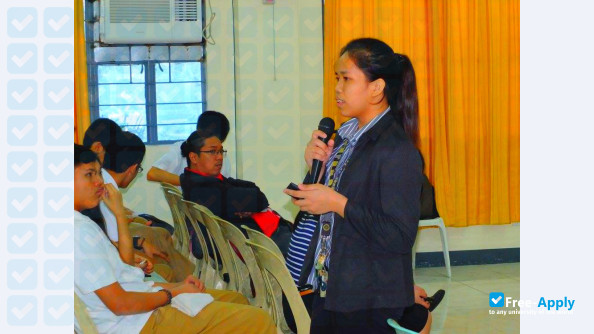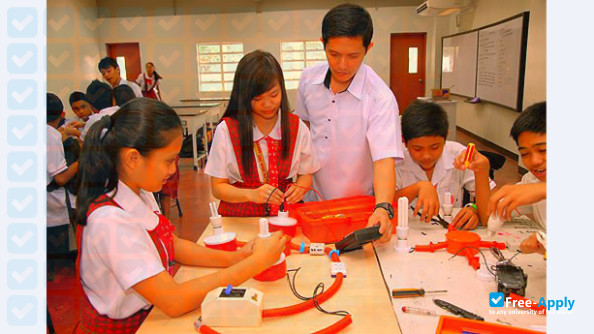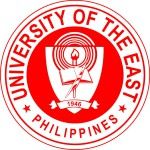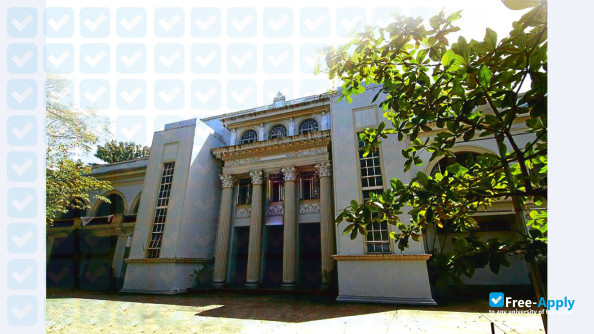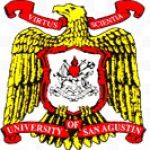About the university
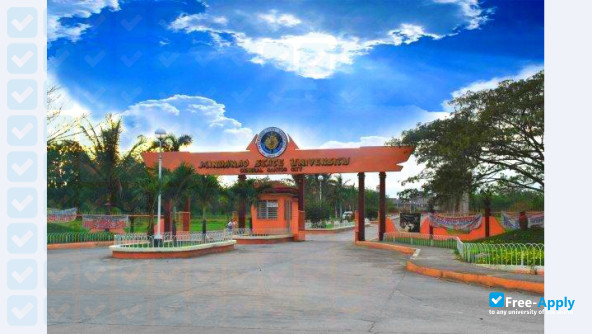
Starting as a Community High School in 1967, MSU-GSC grew into a junior college in 1971, but was then just limited to a two-year collegiate General Education Program. With a strong clamor from the studentry and the community and all-out support from its constituents for the offering of complete degree programs, the Board of Regents was prompted to study the potential of the College for academic expansion especially when the "feeder" concept was challenged. By virtue of BOR Resolution No. 822, MSU Community College became a full-fledged unit and integral part of the MSU System. The campus underwent series of transfers as part of its continuing growth and expansion. As a Community High School, it was a "squatter" at an area inside the Dadiangas West Elementary School campus. Engr. Abedin Limpao Osop, the first Chancellor (who was then the Director) of the campus was able to acquire a 3.3-hectare lot as a donation from city government. It gave the impetus for the offering of various College degree programs. Later, the acquisition of a 156-hectare area in Tambler (now in Bgy. Fatima) enabled MSU-GSC to strengthen its functions in instruction research and extension, subsequently affirming the significant role it plays within its areas of coverage. Concrete proofs of this are the establishment of its Research and Development Center & Office of Extension Services, and in the growth of its various colleges: Agriculture, Fisheries, Business Administration & Accountancy, Engineering, Education, Natural Sciences & Mathematics, Social Science and Humanities and its College of Law (extension classes of the main campus). Moreover, it has also opened two advanced education degree programs, the Master in Public Administration and Master of Arts in Education (MAEd) as a response to a popular demand articulated by Socsksargen public administrators and academicians.
Education programs
Accounting
Accounting
Bachelor of Accounting
Tagalog
Language of instructions
Full-time
Study mode
$278
Fee for international students
$278
Fee for domestic students
Agriculture
~ $278 / year
Agriculture
Bachelor of Agriculture
Tagalog
Language of instructions
Full-time
Study mode
$278
Fee for international students
$278
Fee for domestic students
Biology
~ $278 / year
Biology
Bachelor of Biological
Tagalog
Language of instructions
Full-time
Study mode
$278
Fee for international students
$278
Fee for domestic students
Business
~ $278 / year
Business
Bachelor of Business
Tagalog
Language of instructions
Full-time
Study mode
$278
Fee for international students
$278
Fee for domestic students
Earth Sciences
~ $278 / year
Earth Sciences
Bachelor of Earth Sciences
Tagalog
Language of instructions
Full-time
Study mode
$278
Fee for international students
$278
Fee for domestic students
Ecology
~ $278 / year
Ecology
Bachelor of Ecology
Tagalog
Language of instructions
Full-time
Study mode
$278
Fee for international students
$278
Fee for domestic students
Economics
~ $278 / year
Economics
Bachelor of Economics
Tagalog
Language of instructions
Full-time
Study mode
$278
Fee for international students
$278
Fee for domestic students
Education and Teaching
~ $278 / year
Education and Teaching
Bachelor of Education
Tagalog
Language of instructions
Full-time
Study mode
$278
Fee for international students
$278
Fee for domestic students
Engineering
~ $278 / year
Engineering
Bachelor of Engineering
Tagalog
Language of instructions
Full-time
Study mode
$278
Fee for international students
$278
Fee for domestic students
History
~ $278 / year
History
Bachelor of History
Tagalog
Language of instructions
Full-time
Study mode
$278
Fee for international students
$278
Fee for domestic students
IT
~ $278 / year
IT
Bachelor of IT
Tagalog
Language of instructions
Full-time
Study mode
$278
Fee for international students
$278
Fee for domestic students
Law and Jurisprudence
~ $278 / year
Law and Jurisprudence
Bachelor of Law & Jurisprudence
Tagalog
Language of instructions
Full-time
Study mode
$278
Fee for international students
$278
Fee for domestic students
Management
~ $278 / year
Management
Bachelor of Management
Tagalog
Language of instructions
Full-time
Study mode
$278
Fee for international students
$278
Fee for domestic students
Marketing
~ $278 / year
Marketing
Bachelor of Marketing
Tagalog
Language of instructions
Full-time
Study mode
$278
Fee for international students
$278
Fee for domestic students
Mathematics
~ $278 / year
Mathematics
Bachelor of Mathematics
Tagalog
Language of instructions
Full-time
Study mode
$278
Fee for international students
$278
Fee for domestic students
Philology
~ $278 / year
Philology
Bachelor of Philology
Tagalog
Language of instructions
Full-time
Study mode
$278
Fee for international students
$278
Fee for domestic students
Technology
~ $278 / year
Technology
Bachelor of Technology
Tagalog
Language of instructions
Full-time
Study mode
$278
Fee for international students
$278
Fee for domestic students
How to apply to the university
Choose a program
Press “Apply now” button
Send an application form
Complete admissions tasks
Go to study
To apply to Mindanao State University General Santos follow these steps. To get more information about the university and the admissions process, you can use the live chat to contact a university representative.
Required documents for admission
When applying for admission to Mindanao State University General Santos in Philippines you should prepare all required documents. Request a list of necessary documents directly from a university, as it may vary for different countries. Using our live chat, you can also ask for sample documents.
- Photographs
- Online Application form
- Declaration for financial support
- Health and Life Insurance
- Proof of fee payment
- Passport
- Student visa
- Birth Certificate
- Motivation Letter
- Family Details
- Application fee
Why people choose this university
Contacts
Mindanao State University General Santos
General Santos, South. Cotabato, Philippines
General Santos
Philippines
Free Apply is not responsible for the content of this page. Through the Site, Free Apply provides an online catalog which you can use to find different types of educational institutions. It’s possible for a new university to be registered by any user, however only verified university representatives will be able to manage, reply in chat and make changes to a university page. Once the University registers its official representative, it has the right to block access for others to edit the information. Further control over the content will be carried out by the representative of the University. Registration with the Free-Apply.com catalog is free.
